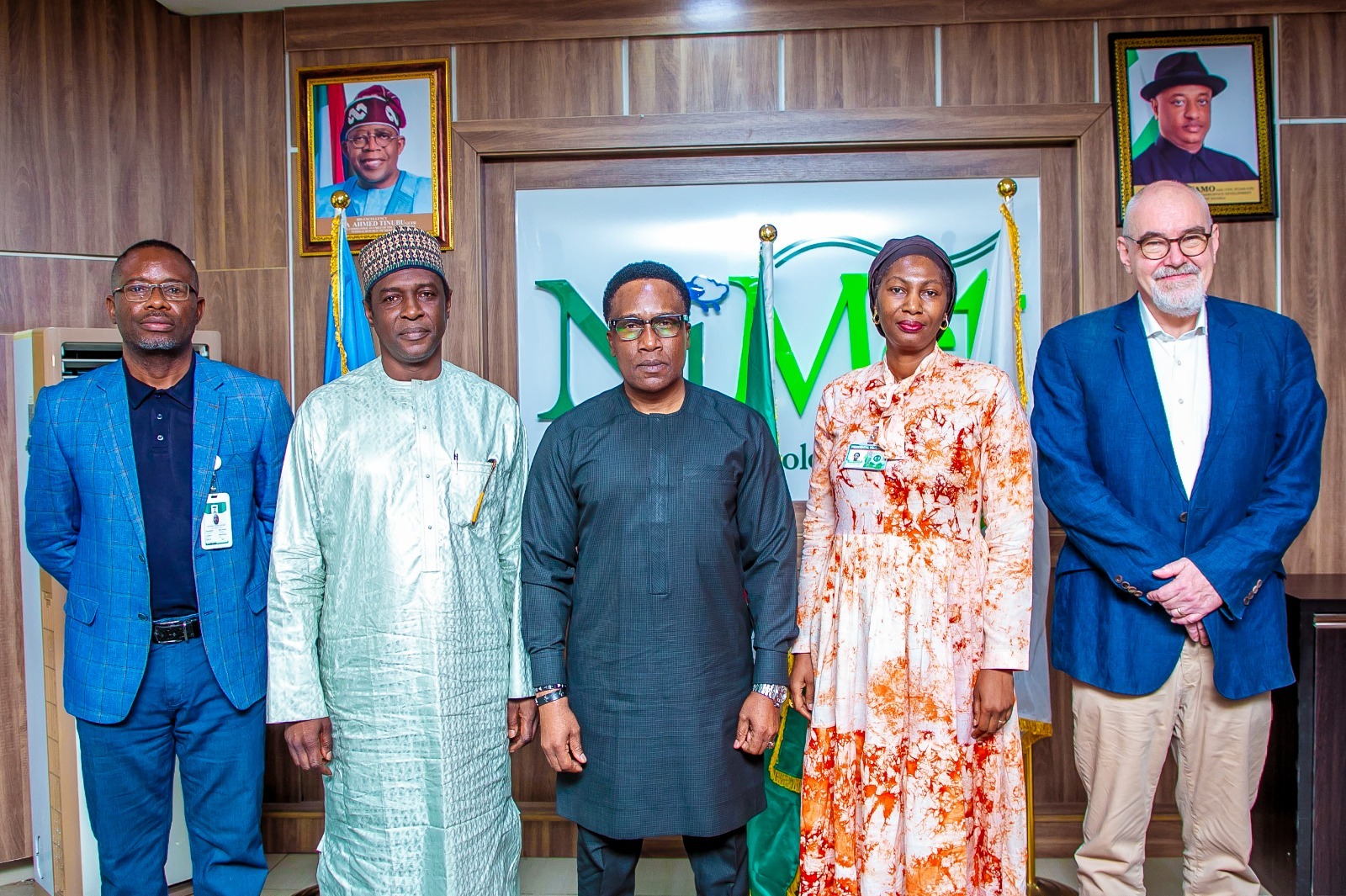NiMet Hosts Second Roundtable on Anticipatory Action Framework for Nigeria

The Nigerian Meteorological Agency (NiMet) has taken another significant step towards enhancing disaster preparedness and climate resilience by hosting the second roundtable meeting on the “Anticipatory Action Framework for Nigeria.”
The event, held at NiMet’s headquarters in Abuja, brought together stakeholders from key agencies to deliberate on a unified strategy for anticipatory action in Nigeria.
The roundtable served as a follow-up to a similar meeting convened in November 2024 by the Office of the Vice President, in collaboration with the United Nations Office for the Coordination of Humanitarian Affairs (UNOCHA).
In his opening address, NiMet’s Director General and Chief Executive Officer, Professor Charles Anosike, emphasised the commitment of President Bola Ahmed Tinubu’s administration to addressing humanitarian crises exacerbated by conflicts, natural disasters, extreme weather events, and climate change.
“Inter-agency cooperation and partnership are essential for collective success in mitigating the impacts of these emergencies,” Professor Anosike stated. He outlined NiMet’s pivotal role in providing accurate, timely, and actionable weather forecasts and climate predictions.
“With competent personnel and improved technological tools, NiMet enables anticipatory early actions, such as evacuation, resource mobilisation, and infrastructure reinforcement,” he added.
He stressed the importance of continuous weather observation, monitoring, and impact-based forecasting to ensure the mobilisation of resources for vulnerable communities.
Trond Jensen, the Head of Office for UNOCHA in Nigeria, underscored the significance of proactive measures in disaster management.
“In a world affected by climate change and evolving demographics, prevention is better than cure. Anticipatory actions not only reduce suffering but also save money, making disaster management more efficient,” Jensen noted.
Arch. Umar Ibrahim Mohammed, Director General of the Nigeria Hydrological Services Agency (NIHSA), called for actionable plans from the deliberations to mitigate the adverse effects of climate change.
Similarly, Fred Anusim, Deputy Director of Planning and Research at the National Emergency Management Agency (NEMA), representing NEMA’s Director General, Mrs Zubaida Umar, reiterated the importance of anticipatory action in disaster management policies.
Inna Audu, Special Adviser on Humanitarian and Development Partners to the President, conveyed Vice President Kashim Shettima’s concern for the well-being of Nigerians, particularly in mitigating recurring disasters.
The meeting drew participants from the Office of the Vice President, NiMet, NIHSA, NEMA, and UNOCHA, highlighting the need for a multisectoral approach to addressing climate-related challenges.
The roundtable marked another milestone in Nigeria’s efforts to develop a robust anticipatory action framework, setting the stage for enhanced disaster preparedness and climate resilience.







